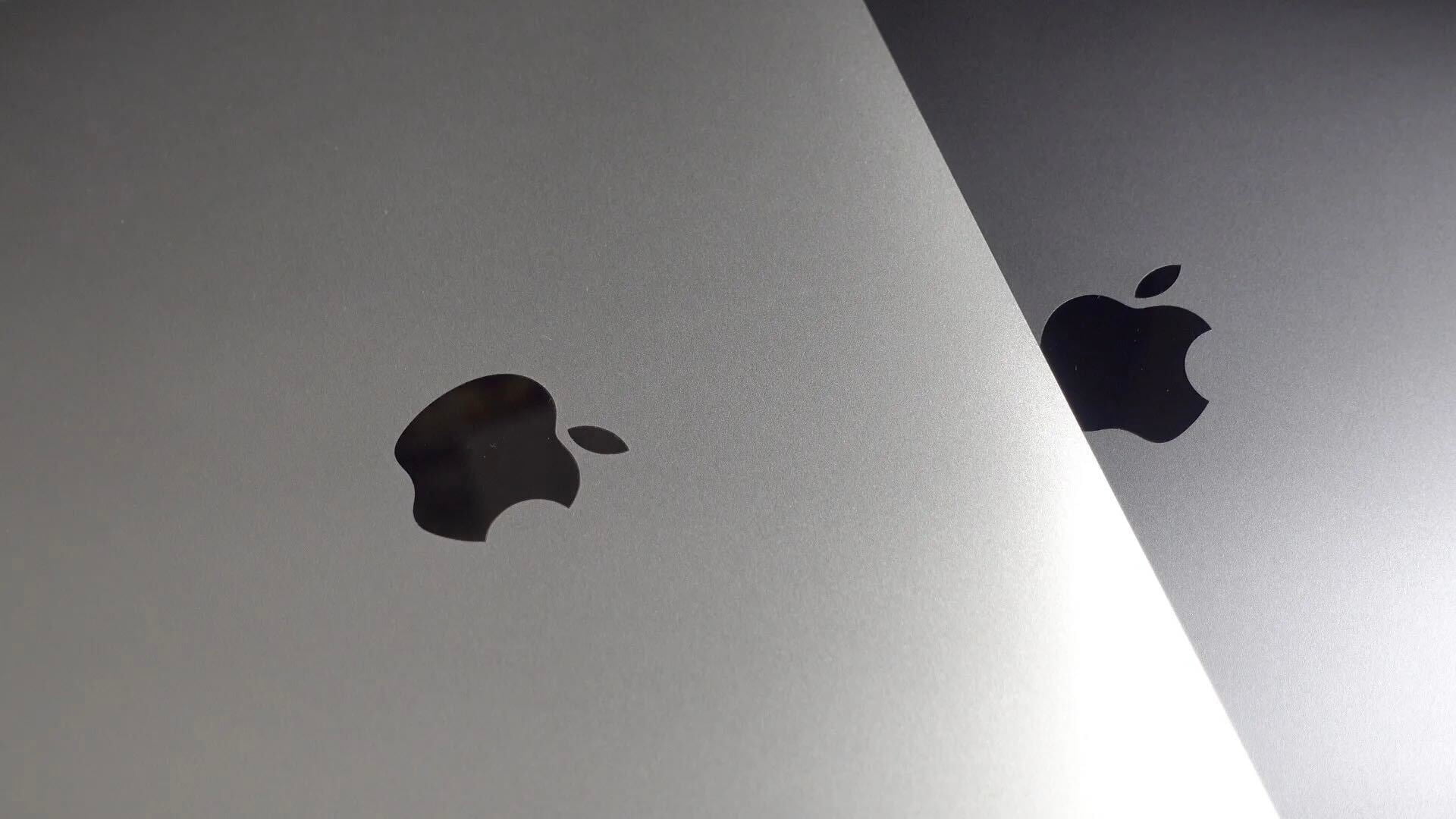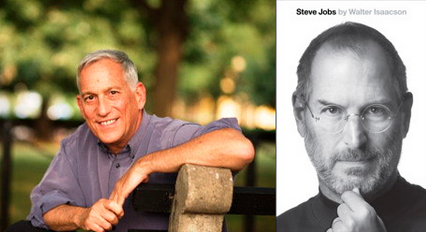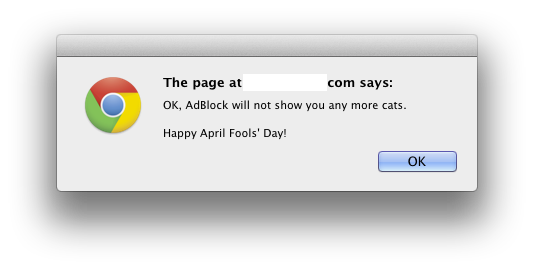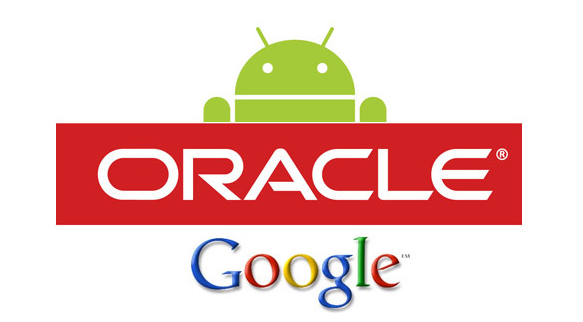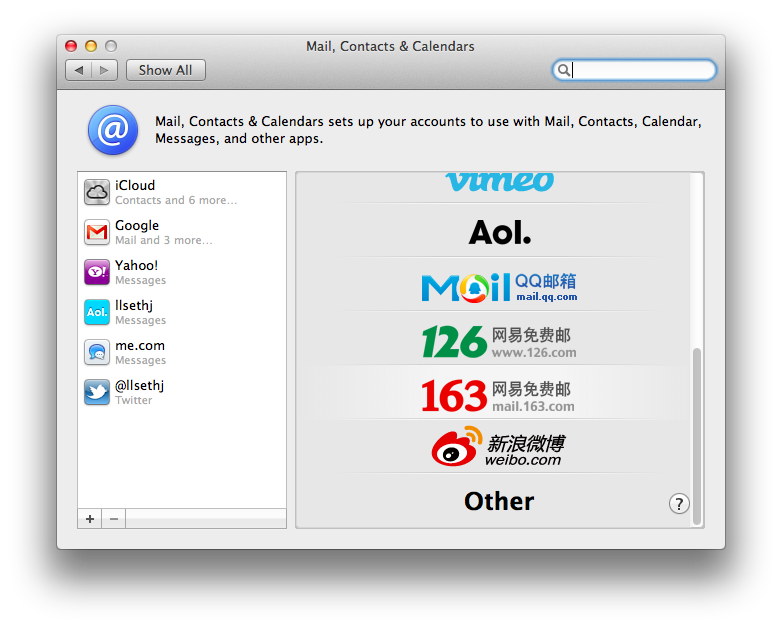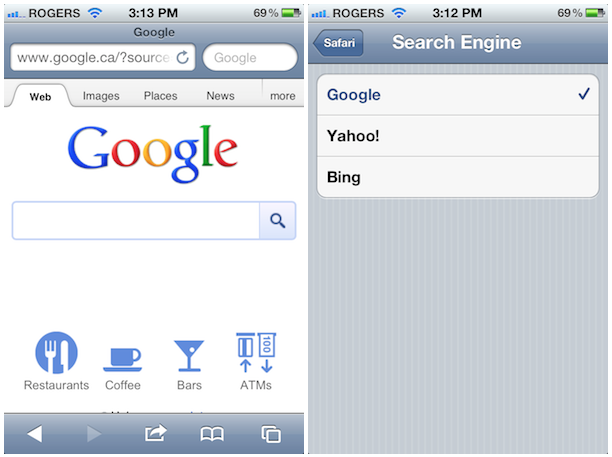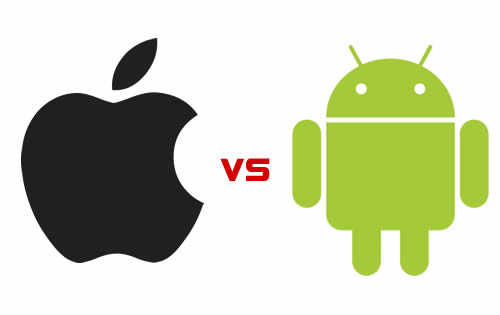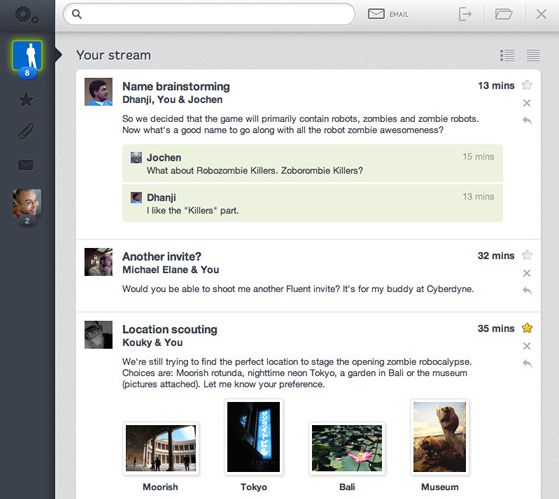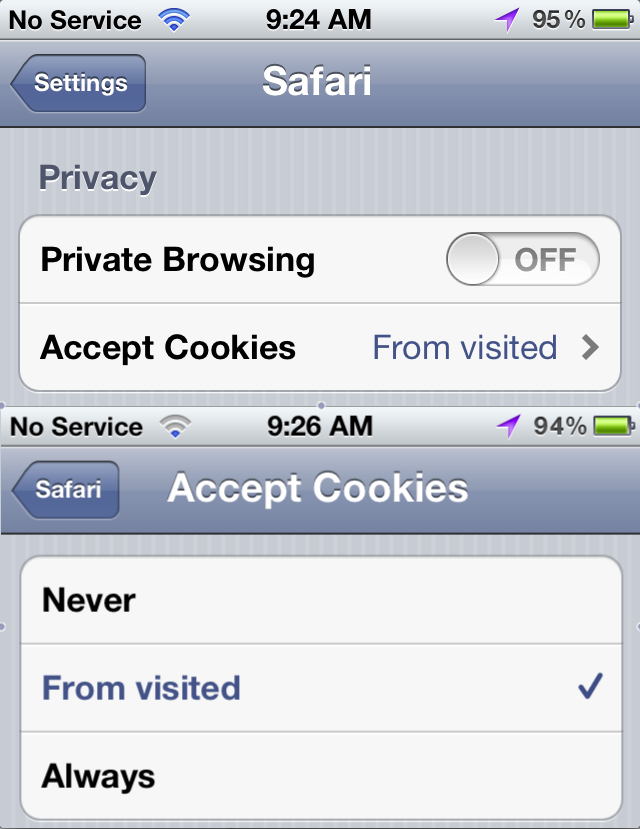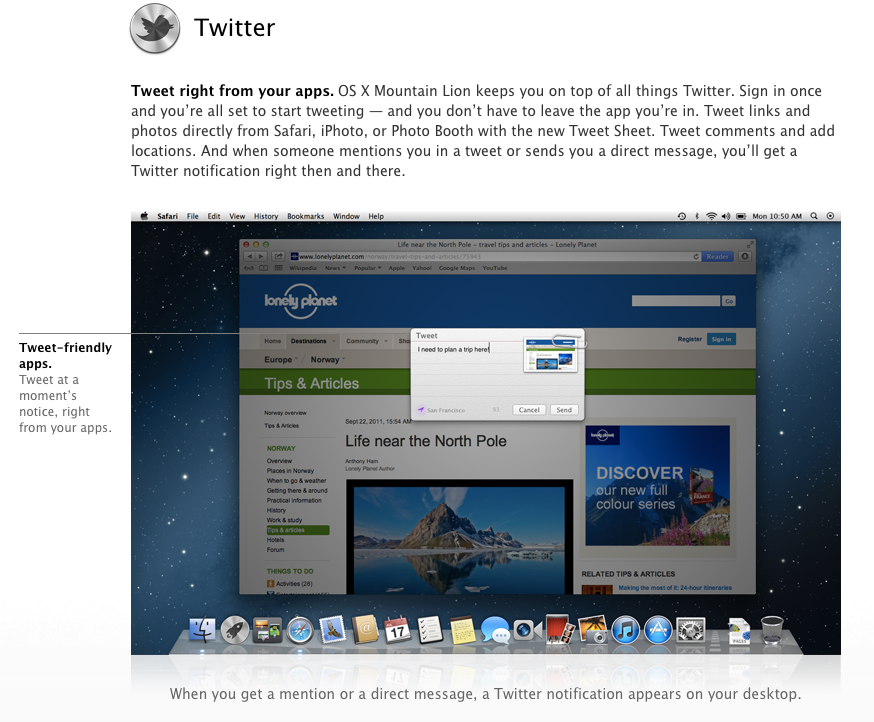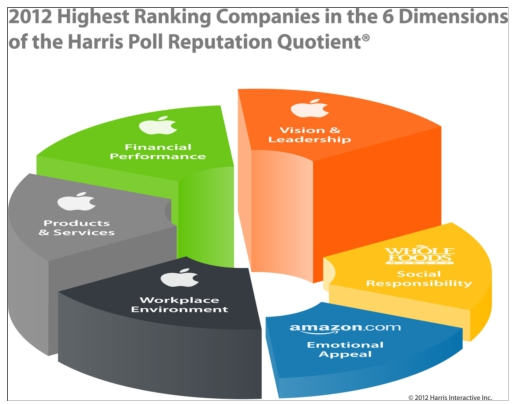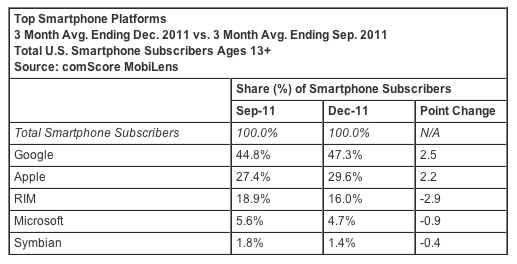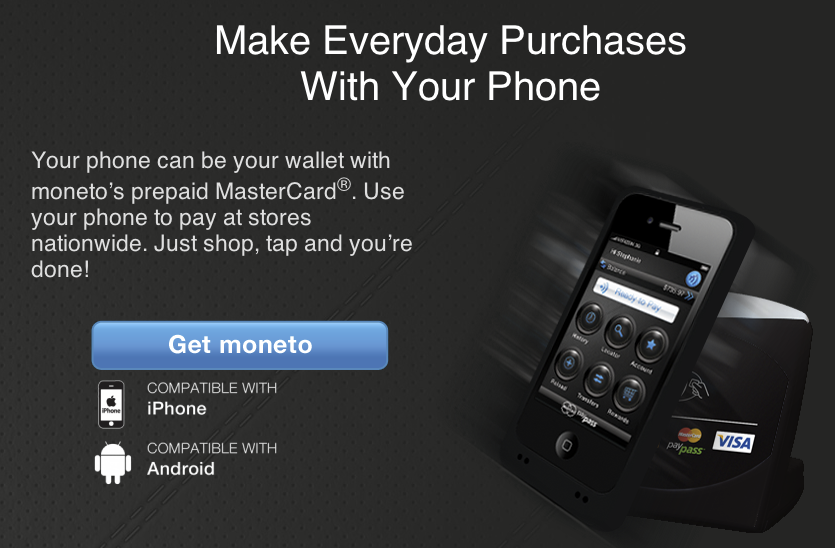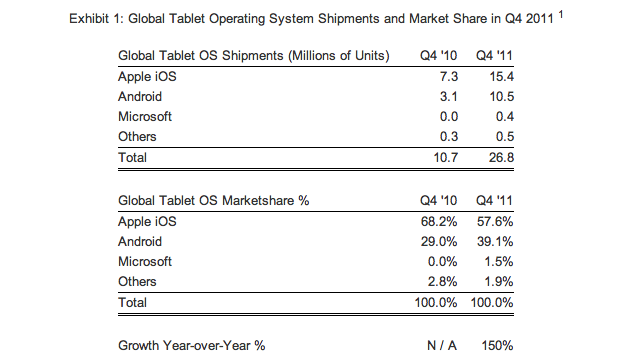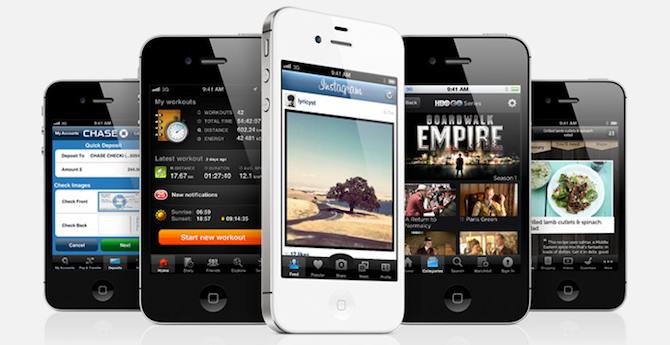Besides govts and the entertainment industry, Google cofounder sees FB and Apple as the biggest threat to the open Internet

 In an interview with the Guardian over the weekend, Google cofounder Sergey Brin said:
In an interview with the Guardian over the weekend, Google cofounder Sergey Brin said:
[…]he was most concerned by the efforts of countries such as China, Saudi Arabia and Iran to censor and restrict use of the internet, but warned that the rise of Facebook and Apple, which have their own proprietary platforms and control access to their users, risked stifling innovation and balkanizing the web.” There’s a lot to be lost,” he said. “For example, all the information in apps – that data is not crawlable by web crawlers. You can’t search it.”
It is interesting that “lost” is defined above as “not crawlable by Google’s search engine.” Framing the argument—as “what is in the best interests of users” versus what Google wants—would probably have helped his case. We are supposed to think that it is just a coincidence the two biggest corporate threats to Google are also the two biggest threats to humanity/the Internet. (via Slashdot)
